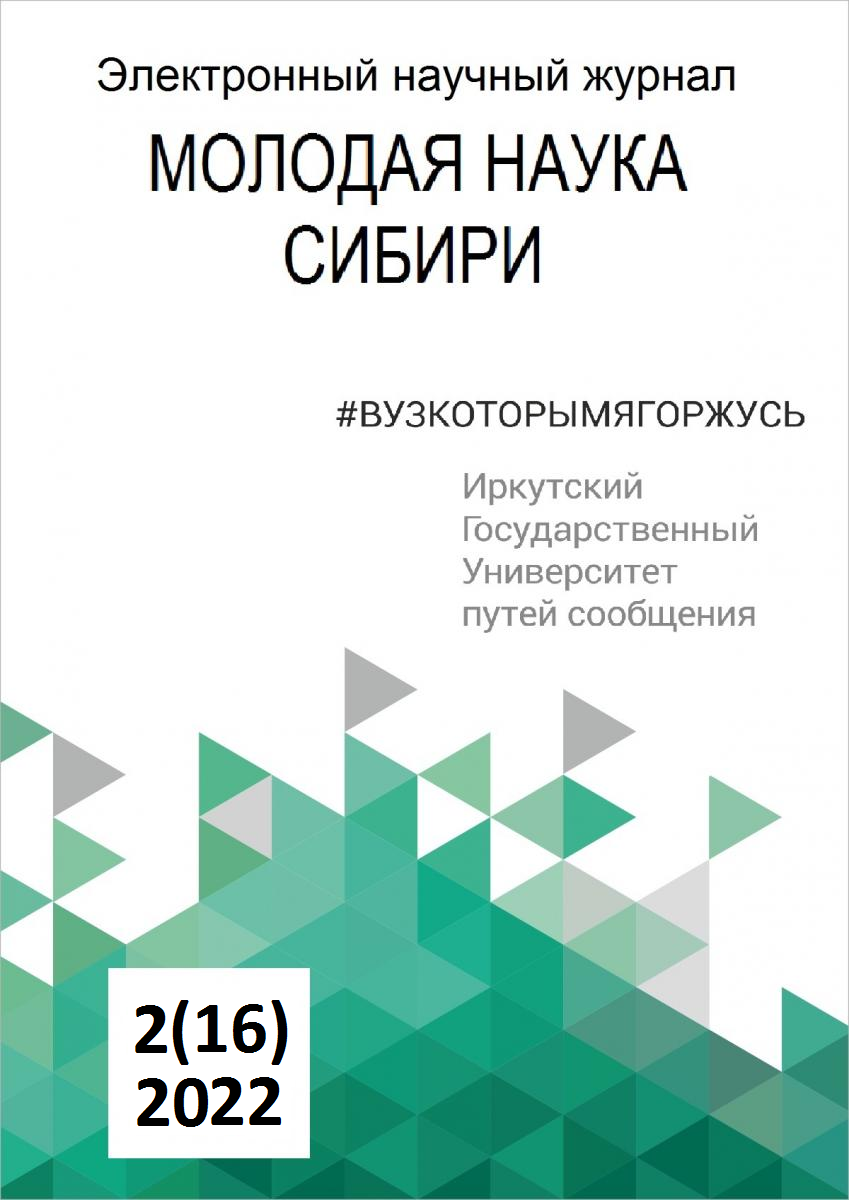SEMANTICS OF THE PROHIBITION IN THE POEMS OF V. V. MAYAKOVSKУ
Keywords:
prohibition, imperative, negative form, MayakovskyAbstract
The imperative is often used to express the speaker's intention to induce the addressee to perform some action. In modern linguistics, the prohibition is understood as a negative form of imperative, which is capable of expressing the Speaker's prohibition for the Addressee to takt an action. It is important to note that the Speaker in prohibitionist utterances has administrative authority, he has sufficient power or ability to successfully enforce the prohibition of speech, which we call "strong prohibition". and accordingly, the demand can be directed "top-down". Therefore, the semantics of the prohibition is the speech act of ordering with negation. In terms of communicative intent, the prohibition is simply stopping and preventing the addressee from behaving, i.e. denying his or her actions. In terms of the conditions for the success of the verbal act, a prohibitionist construction implies an action to be performed by the addressee in the future. The article is devoted to the study of the negative form of the imperative, describing the means of prohibition semantics in the poems of V. Mayakovsky. Various verbal means, which express a character's order not to perform an action, are analysed. These include: negative verbs in the form of the imperative; the predicative construction "cannot + infinitive"; the negative particle "not” + imperative; the negative form of the infinitive "dare". It has been shown that a characteristic of the prohibition form is the categorical nature of the speaker's utterance. Prohibitive statements in V. Mayakovsky's poetry are quite frequent, with their help the author's dissatisfaction with the world is conveyed.
References
Ахманова, О.С. Словарь лингвистических терминов. М.: Сов. Энциклопедия, 1969. 608 с.
Кулькова М. А. Денисова Е.А. Структурно-семантическая характеристика русских и немецких пословиц, содержащих прохибитивные конструкции // Филологические науки. Вопросы теории и практики. 2017. № 12 (78). Часть 3. С. 131–133.
Маяковский В. В. Большое собрание стихотворений и поэм в одном томе. Москва: Эксмо, 2018. 1312 с.
Молчанова Г. П. Императивные предложения и их лексико-грамматическая характеристика в современном английском языке // Сб. науч. тр. Моск. пед. ин-та иностранных языков. Вып. 105. Минск: Изд-во МГПИИЯ. 1976. С. 29–50.
Москаленко, Е.Н. Функционально-семантическое поле побуждения в современном русском языке: автореф. дис. … канд. филол. наук: 10.02.01. Таганрог, 1999. 20 с.
Храковский B.C., Володин А. П. Семантика и типология императива: Русский императив. Л.: Наука, 1986. 270 с; (2-е изд., стереотипное:) М.: Едиториал УРСС, 2002. 272 с.


